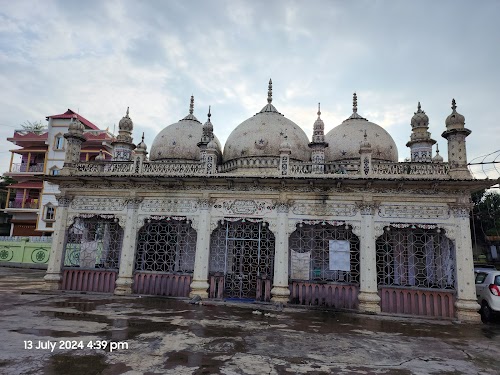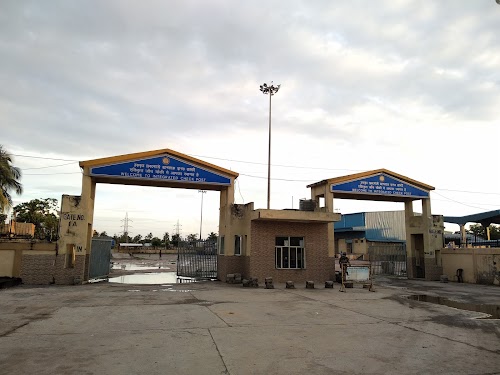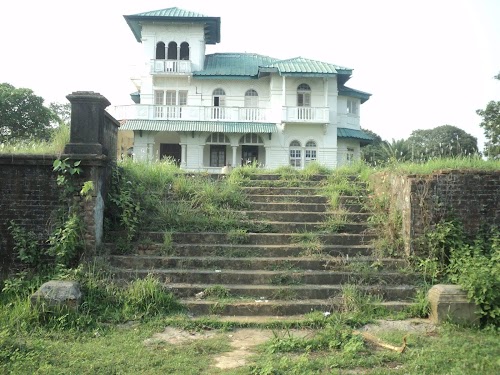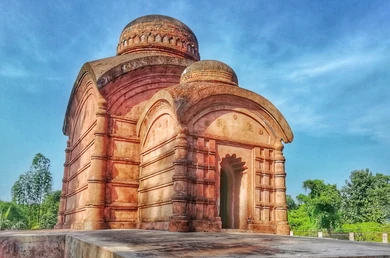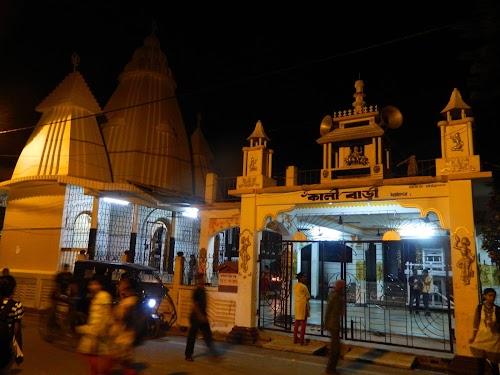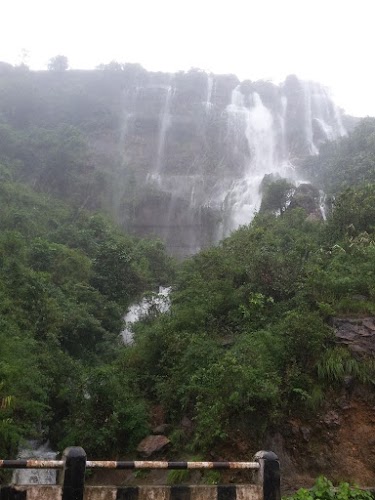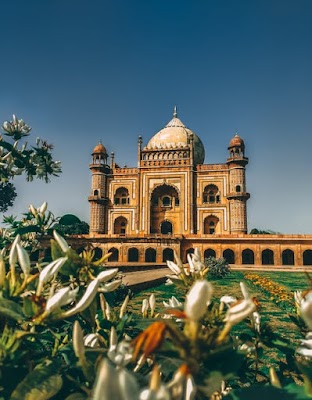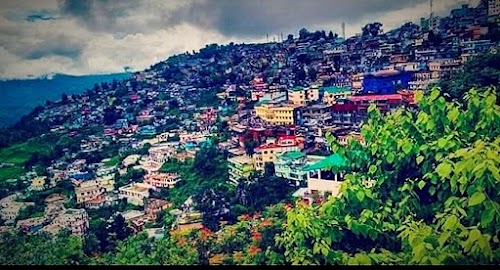Agartala, India
Agartala, the capital city of Tripura, is a vibrant blend of culture, history, and natural beauty. Nestled on the banks of the Haora River, it serves as a gateway to exploring the northeastern part of India. The city boasts stunning palaces, ancient temples, lush green gardens, and bustling markets, offering a diverse experience for tourists. Agartala is known for its unique tribal culture, reflected in its art, music, and festivals. The city provides a serene escape from the hustle and bustle of metropolitan life, with its laid-back atmosphere and warm hospitality. It is a perfect destination for those seeking a cultural immersion and a peaceful retreat.
Known for:
History:
Agartala's history dates back to the early 19th century when it was declared the capital of the princely state of Tripura by Maharaja Krishna Kishore Manikya. The Manikya dynasty ruled Tripura for several centuries, leaving behind a legacy of magnificent palaces and temples. The Ujjayanta Palace, now a state museum, stands as a testament to the royal heritage. During the British colonial period, Agartala served as a crucial trade route between Bengal and Burma. After India's independence in 1947, Tripura became a Union Territory and later a full-fledged state in 1972, with Agartala as its capital. The city has since grown into a modern urban center while preserving its historical roots.
How to reach:
Agartala is well-connected by air, rail, and road. * **By Air:** Maharaja Bir Bikram Airport (IXA) is the main airport in Agartala, with regular flights from major Indian cities like Kolkata, Delhi, Guwahati, and Chennai. * **By Train:** Agartala Railway Station connects the city to various parts of India, including Kolkata, Guwahati, and Delhi. * **By Road:** National Highway 8 (NH8) connects Agartala to other northeastern states and the rest of India. Regular bus services are available from Guwahati, Shillong, and other nearby cities.
Places in Agartala, India
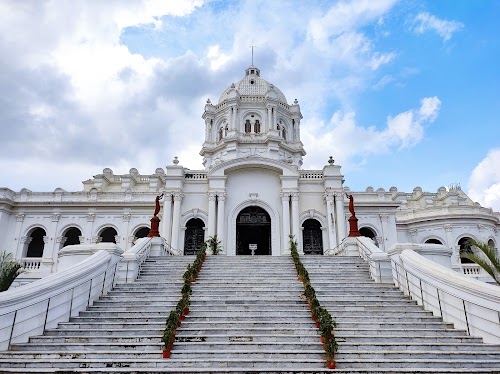
Ujjayanta Palace
Agartala, India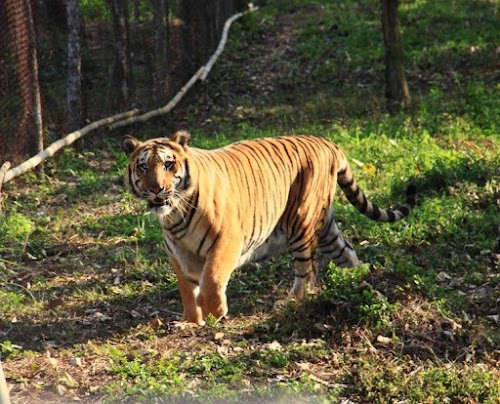
Sepahijala Wildlife Sanctuary & Zoo
Agartala, India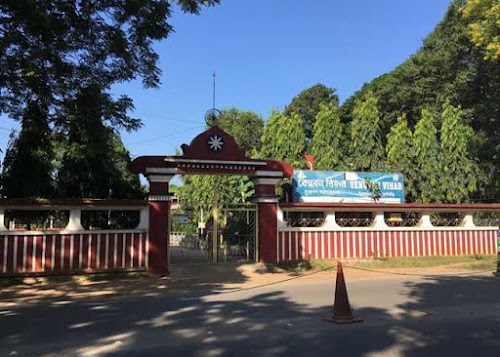
Venuvan Buddha Vihara
Agartala, India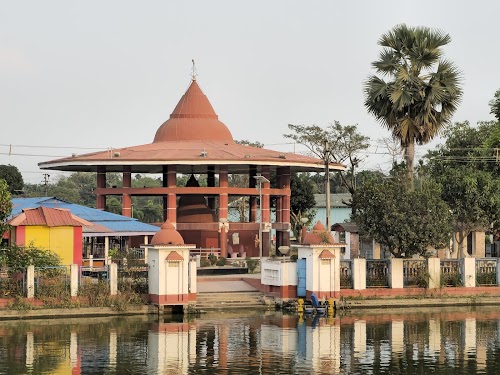
Chaturdas Devata Temple
Agartala, India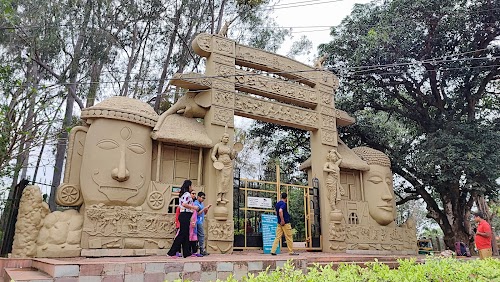
Heritage Park
Agartala, India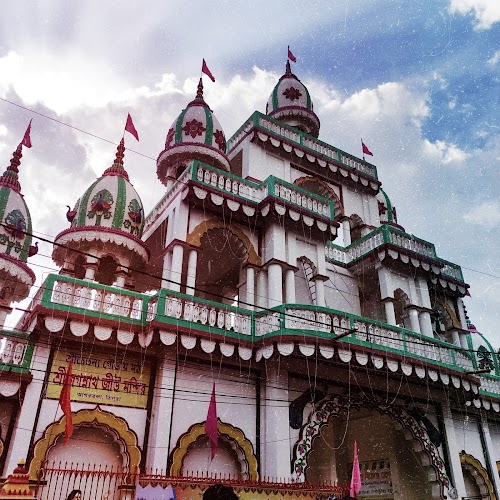
Shri Jagannath Temple
Agartala, India
ISKCON Temple
Agartala, India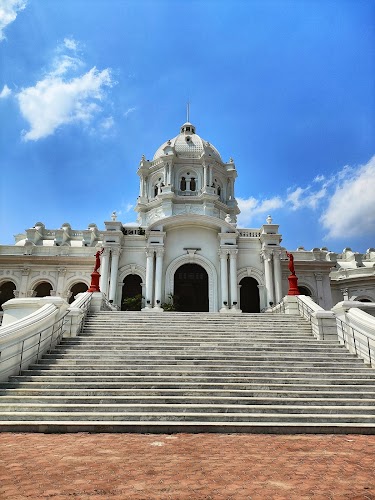
Tripura State Museum
Agartala, India